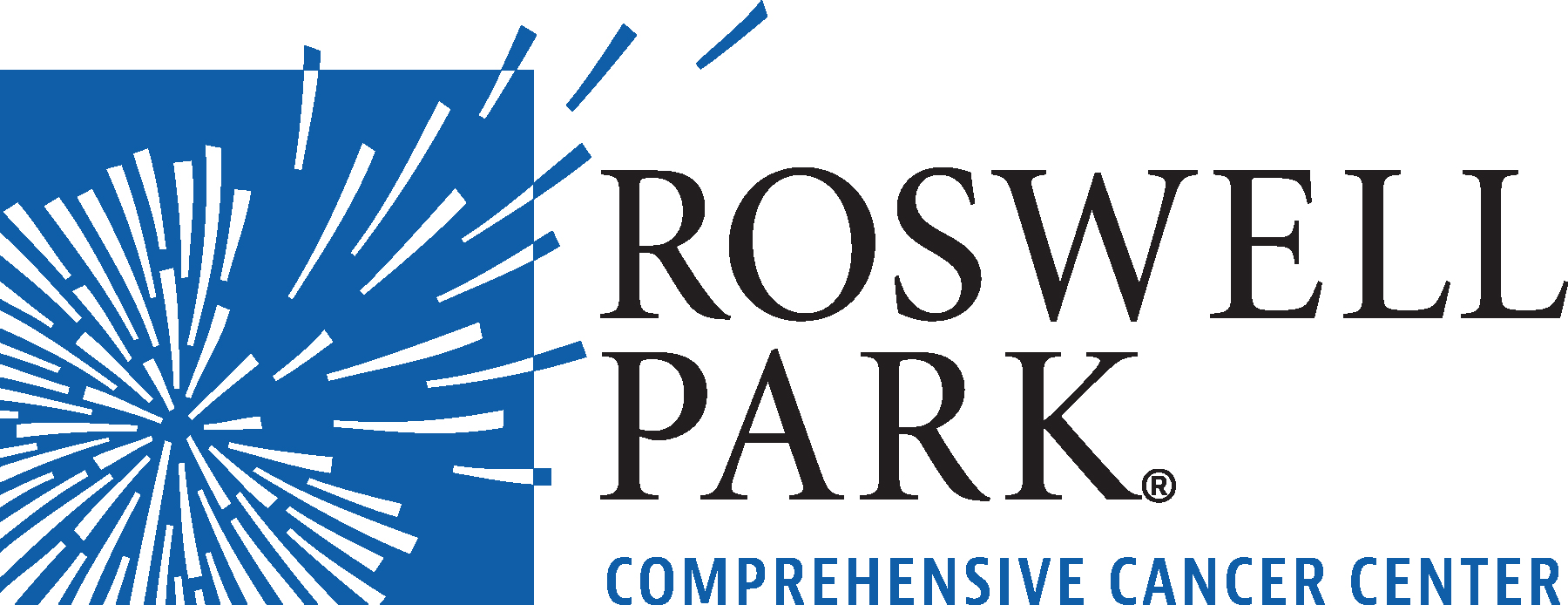Newswise — BUFFALO, N.Y. — What clues might brain metrics hold about the skill levels of surgeons who perform robot-assisted surgeries? Looking for better ways to assess the proficiency of surgeons performing these complex procedures, researchers at Roswell Park Cancer Institute (RPCI) and the University at Buffalo (UB) determined whether cognitive assessment can effectively measure the expertise of robotic surgeons with varying levels of experience. They found that assessment of robotic surgeons’ cognitive processes during surgery gives a fuller, more reliable picture than other measurable indicators, and may be a valuable element to incorporate into robotic surgery training.
The study, published online ahead of print in the journal BJUI, is the first published report to evaluate surgeons’ cognition during robot-assisted surgery.
The research team evaluated novice, competent and expert robotic surgeons using both tool-based measures available through the daVinci Surgical System and continuous wireless electroencephalography (EEG) recording. Most of the 10 surgeons enrolled — two residents, three fellows and five practicing surgeons — were assessed on basic, intermediate and advanced surgical tasks. Those assigned to the novice group were assessed only on basic and intermediate skills. Each participant completed a pre-recording session to establish baseline responses.
For the cognitive testing, the participants’ cognitive engagement, mental workload and mental state were calculated from the measured EEG during each task. When they compared the results of both testing approaches among the three groups, the researchers found that cognitive assessment detected significant differences that were not identified by the tool-based metrics available through the surgical robot.
“The real distinctions emerged when we looked at the cognitive differences between our intermediate and expert groups,” notes the study’s first author, Khurshid Guru, MD, Director of Robotic Surgery and the Robert P. Huben Endowed Professor of Oncology at RPCI.
“We saw that the middle group, those considered competent but not expert, demonstrated greater high-level engagement, higher mental state and more cognitive load to complete each task when performing intermediate and advanced tasks — in other words, they had to work harder and devote more mental resources than the expert group,” added co-author Ehsan T. Esfahani, PhD, an Assistant Professor in UB’s Department of Mechanical and Aerospace Engineering and Director of the UB Brain Computer Interface Laboratory.
The researchers concluded that cognitive assessment is an effective complement to traditional methods of assessing the skill level of robotic surgeons at various stages of development and can be used to help tailor training programs to their individual needs. The authors acknowledge that further testing will be needed to validate the findings of this small study.
“Our results truly provided a window into how novice robotic surgeons develop into expert robotic surgeons, how they evolve to a point where they’re using their intuition, pre-planning their actions and demonstrating high comfort and competence in interacting with the machine,” adds Dr. Guru, who is also Director of the Institute’s ATLAS Project, or Applied Technology Laboratory for Advanced Surgery. “The implications for patient safety are striking. I think in the future we’re going to see cognitive assessment widely incorporated into surgeon training programs, and the model our team developed is a good foundation for subsequent investigations.”
The testing was performed at RPCI in collaboration with UB’s Brain Computer Interface Laboratory. Assessments were conducted using training modules and surgeries performed on synthetic organ models; no live surgeries were involved.
The study is “Cognitive Skills Assessment During Robot-Assisted Surgery: Separating Wheat from Chaff,” and the research was funded in part by the Roswell Park Alliance Foundation and the John R. Oishei Foundation. The authors declared no conflicts of interest.
###
About UB:The University at Buffalo is a premier research-intensive public university, the largest and most comprehensive campus in the State University of New York. UB’s more than 29,000 students pursue their academic interests through more than 300 undergraduate, graduate and professional degree programs. Founded in 1846, the University at Buffalo is a member of the Association of American Universities.
About RPCI:The mission of Roswell Park Cancer Institute (RPCI) is to understand, prevent and cure cancer. Founded in 1898, RPCI is one of the first cancer centers in the country to be named a National Cancer Institute-designated comprehensive cancer center and remains the only facility with this designation in Upstate New York. The Institute is a member of the prestigious National Comprehensive Cancer Network, an alliance of the nation’s leading cancer centers; maintains affiliate sites; and is a partner in national and international collaborative programs. For more information, visit www.roswellpark.org, call 1-877-ASK-RPCI (1-877-275-7724) or email [email protected]. Follow Roswell Park on Facebook and Twitter.
